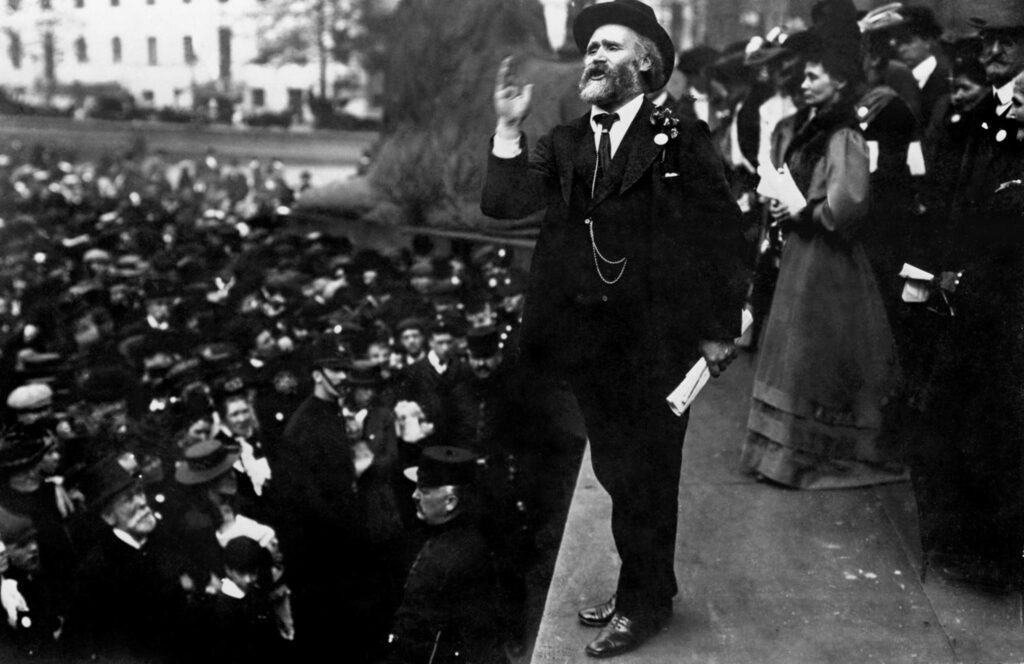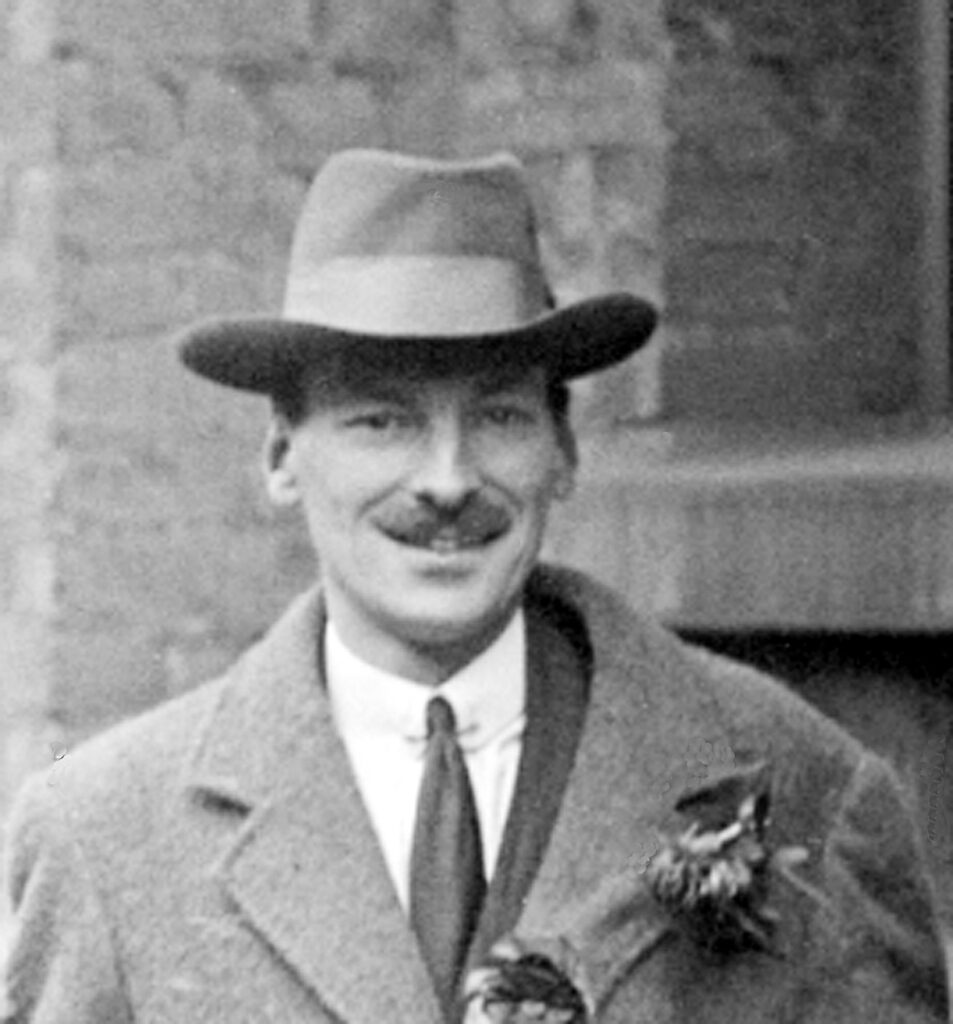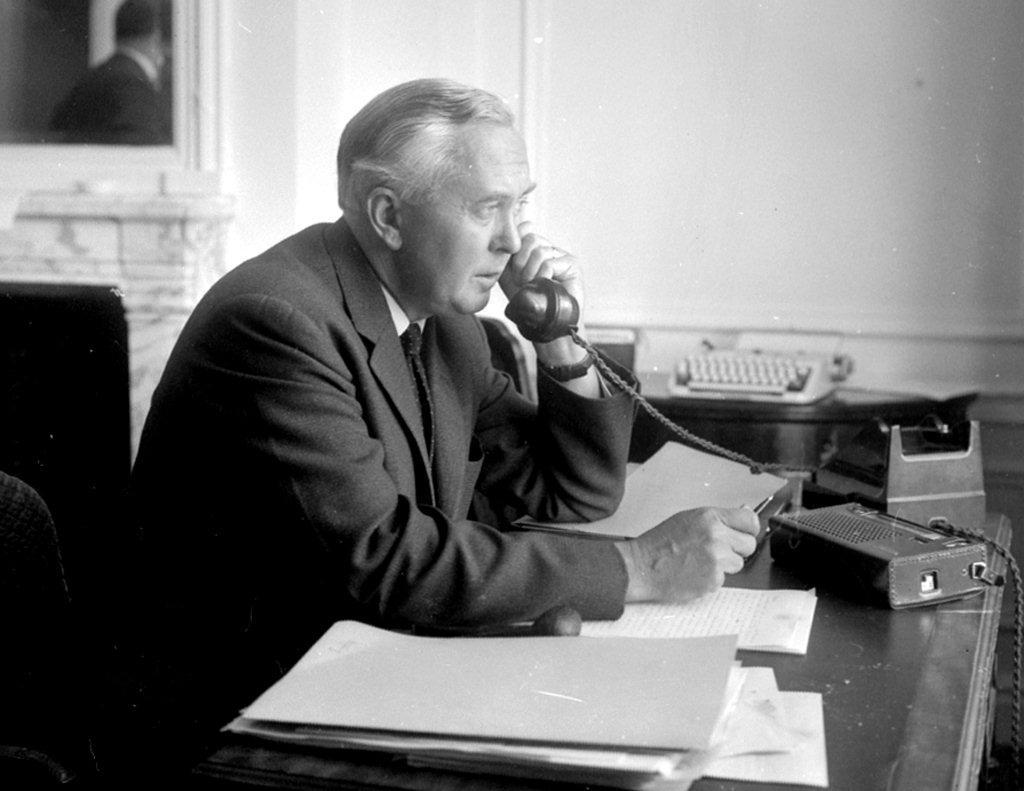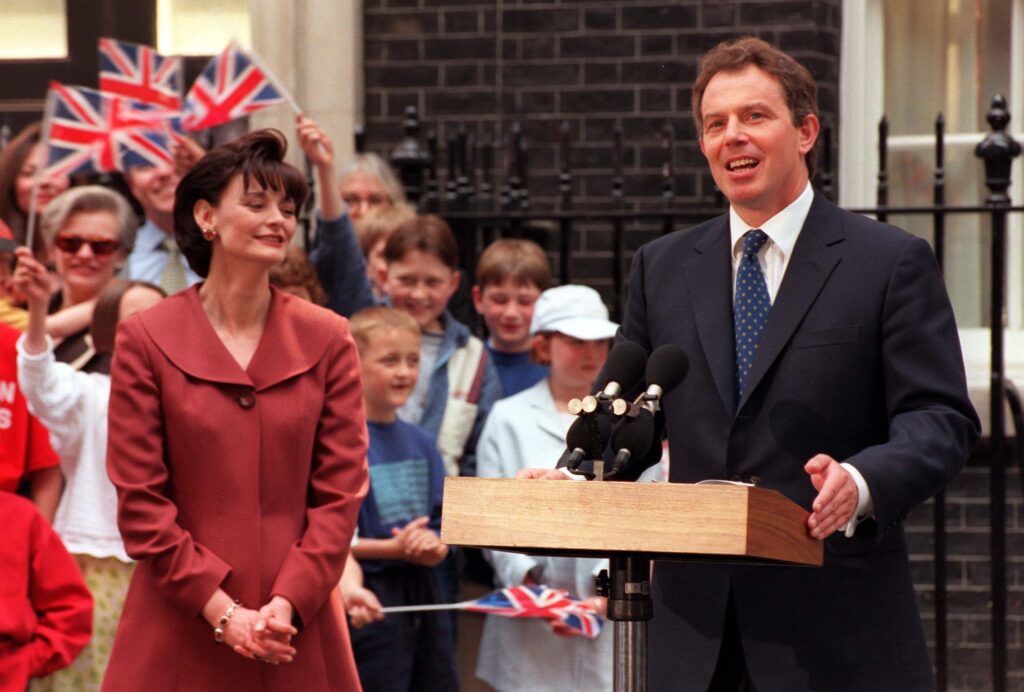
Labour's Legacy
We’ve been fighting for a better, fairer Britain for over 100 years. Discover some of our most profound achievements and greatest legacies.
Labour’s History
The Labour Party has always been about people. It was formed to give working people a voice and has sought power in order to improve their lives. Labour has changed Britain for the better, through the most progressive governments in our country’s history.
Ours is a proud history, with achievements – from the NHS to the minimum wage– that have made a lasting difference to the lives of people across our country.
This is how a party of working people became a party of government, and what we have achieved.
A new party for a new century
The Labour Party was created in 1900: a new party for a new century. Its formation was the result of many years of struggle by working class people, trade unionists and socialists, united by the goal of working class voices represented in British Parliament.
It was this aim that united Keir Hardie and the colleagues who gathered for the famous inaugural meeting of the Labour Representation Committee at London’s Memorial Hall in February 1900. Ignored by the Tories and disillusioned with the Liberals, they gathered together to push for real change.

Early years and into government
Slowly but surely, the party grew. The first election campaign in 1906 saw 26 MPs elected to Parliament – together they chose Labour as their official name.
That early growth continued, with more MPs elected in the years to follow, leaving Labour well placed to challenge for power by the time of the 1923 election. It was this election which saw the first Labour government in our country’s history with Ramsay MacDonald the party’s first Prime Minister.
The first Labour government only held office for a short time, but its achievements were notable. Despite having no majority it passed legislation to improve housing, education and social insurance while also addressing unemployment.
The 1924 government lasted only a few months, five years later came the election of the second. Dominated by the world economic crisis, the following two years were focused on action to tackle the unemployment of the Great Depression. It was not an easy Parliament and the 1931 election saw only 52 Labour MPs elected.

War, the 1945 Government and onto the future
Fortunately one of those who remained after the 1931 election was Clement Attlee. He became Deputy Leader in 1931, working with a new generation like Ernest Bevin and Hugh Dalton to turn the Party’s fortunes around, before being elected Leader in 1935.
By the end of World War II, the British public were crying out for change. Labour would lead that change.
Our manifesto ‘Let us Face the Future’ laid out a bold vision, pledging to destroy the five ‘evil giants’: want, squalor, disease, ignorance and unemployment. It was a message which captured the imagination of the country and took Clement Attlee into Number 10 on the back of a landslide, winning 393 seats.
Attlee’s Labour government wasted little time enacting visionary change, introducing social security, bringing key industries back into public ownership and introducing a major programme of house building, providing safe and secure homes.
But it was the Attlee government’s introduction of the National Health Service which will rightly go down as Labour’s greatest achievement. Spearheaded by Health Secretary, Nye Bevan, the creation of the NHS has transformed our country, removing the anxiety of illness from millions of families. To this day the NHS is a national treasure and Labour will always protect it.

The Wilson years and onwards
Despite winning nearly 50 per cent of the vote, Labour lost office in 1951. Attlee was succeeded by Hugh Gaitskell and would not return to power until 1964 under the leadership of Harold Wilson. The Labour governments (1964-70 and 1974-79) under Wilson and then James Callaghan were marked by a period of great change: the permanent ending of the death penalty, decriminalisation of homosexuality, legislation to outlaw racial discrimination, and the establishment of the Open University.
It was Barbara Castle, our Secretary of State for Employment, who also brought about significant social change, as she introduced the groundbreaking Equal Pay Act of 1970. Once again Labour men and women led the way in modernising and reforming Britain to improve the lives of millions.

New Labour and return to power
Following the death of John Smith in 1994, Tony Blair was elected Leader, ushering in the era of New Labour. The reforms introduced in this era – a revitalised policy programme built on Labour values hand-in-hand with a modernised party machinery – would lead to the landslide General Election win of 1997.
After 18 years under the Tory rule, Labour offered the hope of a better Britain. The governments that followed – under Tony Blair then Gordon Brown – brought many of the changes our country desperately needed.
Record investment in the NHS, schools and the police rescued our public services. The introduction of the National Minimum Wage and the New Deal meant more jobs paying a decent wage, while devolution to Scotland, Wales and Northern Ireland put power in people’s hands while peace came to the latter through the landmark Good Friday Agreement.
In power Labour put into practice our values of equality and social justice, introducing Civil Partnerships, the Equality Act, the Human Rights Act and legislating for equality of opportunity for all. We cancelled up to 100 per cent of debt for the world’s poorest countries and brought about the world’s first Climate Change Act.
The late 2000s saw a global economic crisis and for Labour the loss of power at the 2010 election.

Keir Starmer: Getting Britain’s future back
In April 2020, Labour members elected Keir Starmer as the party’s new leader, and he set about the challenge of re-connecting with the British public.
Keir Starmer’s election came in the midst of the global coronavirus pandemic and the UK’s sharpest economic downturn on record. Keir put supporting the NHS and care services and protecting jobs at the centre of his response to the crisis, and used new ways of campaigning to reach out to voters and hear their concerns during lockdown.
As the United Kingdom emerged from the pandemic, Keir set out Labour’s five missions for government – focusing on the biggest issues facing the country, and setting out a bold challenge to get Britain’s future back.
Join Labour
Now be part of Labour's future
